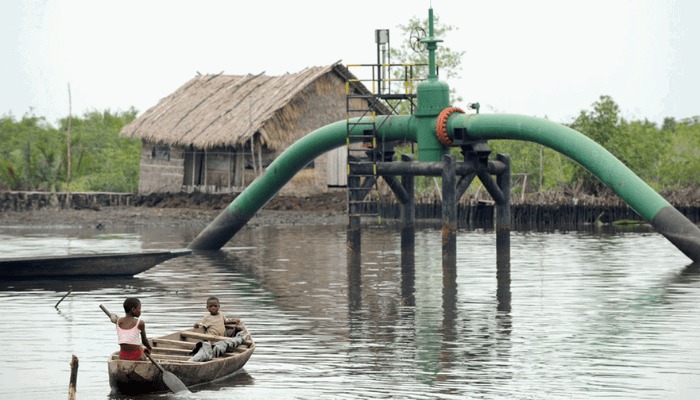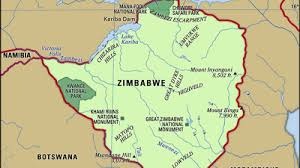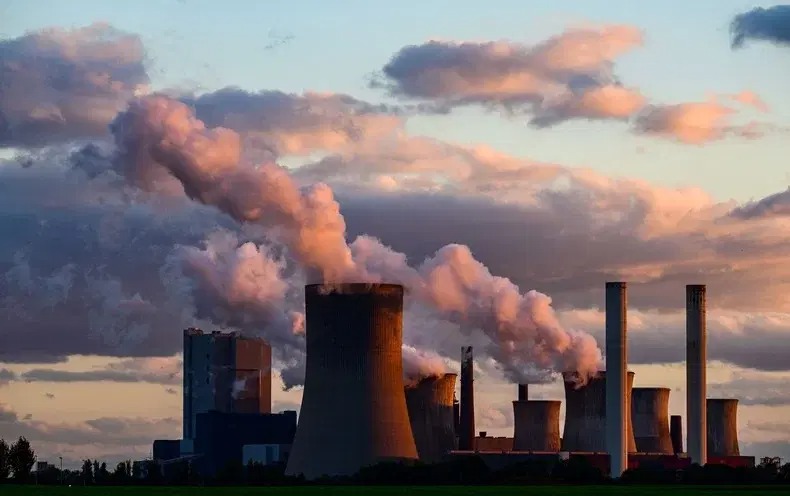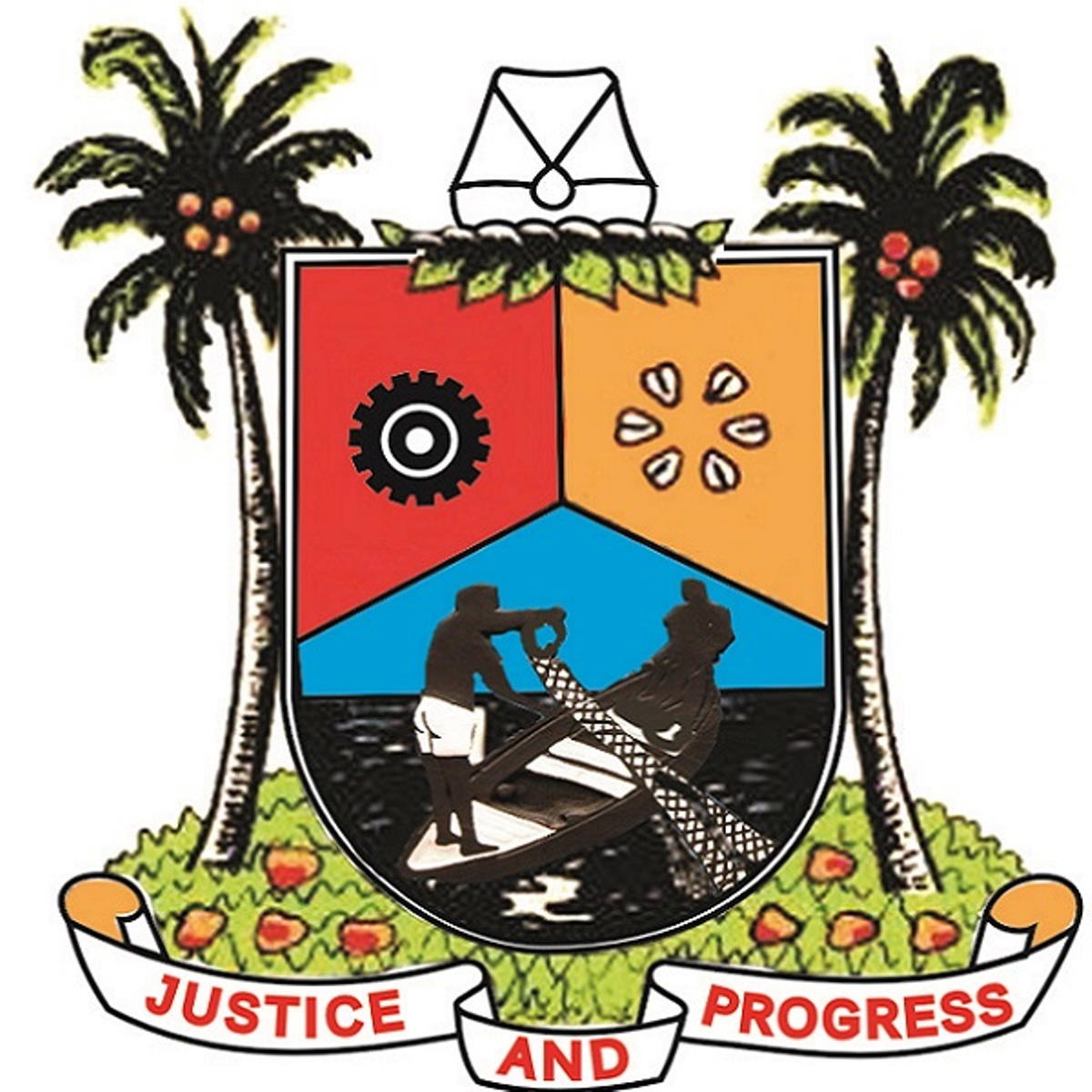Asian markets mostly fell Tuesday following a sharp sell-off on Wall Street fuelled by fears about the US economy as Donald Trump presses ahead with his global trade war and federal jobs cuts.
Traders had initially welcomed his election on optimism that his promised tax cuts and deregulation would boost the world’s top economy and help equities push to more record highs.
But there is now a growing pessimism that a recession could be on the cards amid warnings that tariffs imposed on key trade partners will reignite inflation and force the Federal Reserve to hike interest rates again.
The president’s weekend comments that the economy was facing “a period of transition” and his refusal to rule out a downturn did little to soothe investor worries.
A new wave of tariffs due this week will see steep levies of 25 percent on steel and aluminum imports.
Uncertainty over Trump’s tariffs and threats have left US financial markets in turmoil and consumers unsure of what the year might bring.
Fears about the future battered Wall Street, where the Nasdaq tanked four percent owing to another plunge in high-flying tech titans including Apple, Amazon and Tesla.
And Asia followed suit in the morning with big losses across the board, though they pared the losses as the day wore on.
Tokyo was hit after Japanese Trade Minister Yoji Muto said he had failed to win an immediate exemption from US tariffs.
Hong Kong was flat and Shanghai ended higher, having tanked at the open. They both fell Monday following a big miss on Chinese consumer prices that added to worries about the Chinese economy.
Sydney, Singapore, Seoul, Taipei, Wellington, Mumbai, Bangkok and Manila were also deep in negative territory.
London fell at the open while Frankfurt and Paris were higher.
US futures also inched higher, having extended Monday’s losses in the morning.
“Economic uncertainty and recession fears have intensified, partly driven by President Trump’s weekend comments about the economy being in ‘a period of transition’ and his reluctance to rule out a recession,” said Shaun Murison, senior market analyst at IG online trading platform.
“This uncertainty has heightened investor anxiety. Trump’s trade policies, including ongoing tariff discussions are creating uncertainty and fears of economic slowdown.
“These tariffs could potentially elevate prices and complicate efforts to reduce interest rates.”
The weak sentiment also filtered through to bitcoin, which tumbled below $80,000 on Monday to its lowest level since November — having hit a record close to $110,000 in January. It also pared its losses to sit just above the $80,000 mark.
The cryptocurrency’s losses have also been driven by disappointment that Trump signed an executive order to establish a “Strategic Bitcoin Reserve” without planning any public purchases of it.
Oil also rebounded to sit slightly higher having dropped more than one percent Monday on worries about demand as US recession speculation builds. However, both main contracts remain down around seven percent for the year so far.
– Key figures around 0815 GMT –
Tokyo – Nikkei 225: DOWN 0.6 percent at 36,793.11 (close)
Hong Kong – Hang Seng Index: FLAT at 23,782.14 (close)
Shanghai – Composite: UP 0.4 percent at 3,379.83 (close)
London – FTSE 100: DOWN 0.2 percent at 8,579.20
Euro/dollar: UP at $1.0890 from $1.0836 on Monday
Pound/dollar: UP at $1.2906 from $1.2878
Dollar/yen: DOWN at 146.90 yen from 147.26 yen
Euro/pound: UP at 84.31 pence from 84.13 pence
West Texas Intermediate: UP 0.4 percent at $66.26 per barrel
Brent North Sea Crude: UP 0.5 percent at $69.59 per barrel
New York – Dow: DOWN 2.1 percent at 41,911.71 points (close)









